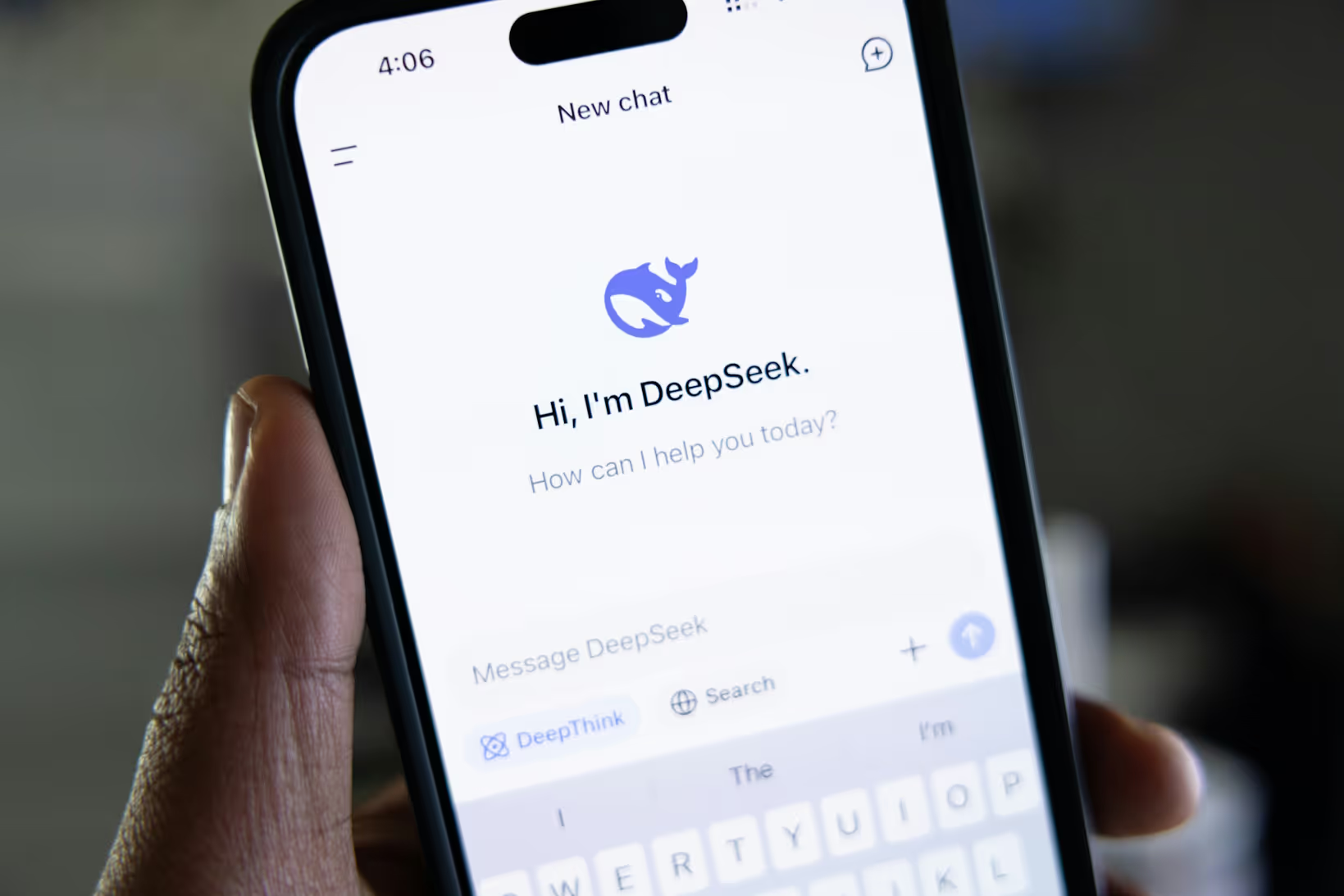1. Agentic AI Takes Center Stage
Recent years have seen a pivot beyond static models toward autonomous, task-driven agents, these are AIs that literally do things for us.
- Brad Lightcap from OpenAI emphasizes that modern AI agents can now reason, plan, and complete unfamiliar tasks, not merely echo back learned responses.
- AWS launched Bedrock AgentCore earlier this month, offering enterprise-scale infrastructure for deploying these autonomous agents securely.
2. Efficiency Meets Accessibility
While training flagship models still costs tens to hundreds of millions, recent data shows inference costs are plummeting, dropping from $20 to just $0.07 per million tokens in a year. This sharp efficiency gain has enabled nimble startups to disrupt incumbents, marrying high performance with lower operational expense.
3. AI’s Global Chess Match
Once dominated by U.S. players, AI innovation is now truly global. According to Stanford’s 2025 AI Index, China’s DeepSeek is now a formidable rival, producing R1, a model that surpassed ChatGPT in iOS App Store downloads and triggered U.S. market tremors. Europe, India, and beyond are also doubling down, witness the UK’s new £1 billion computing initiative and India’s spike in domestic AI platforms.
Three AI Services That Popped Off in 2025
1. DeepSeek (R1 & V3)
- A Chinese startup that released DeepSeek-R1 in January 2025, swiftly topping iOS App Store free downloads and rattling major players.
- Remarkably, DeepSeek trained R1 for just ~$5.6 million (versus the $192 million for Gemini Ultra) using only ~2,000 GPUs.
- It’s open‑source, lightweight, and efficient, launching a "Sputnik moment" in AI competitiveness.
2. Perplexity’s Comet Browser
- Launched July 9–10, 2025, Comet is an AI-powered web browser integrating Perplexity’s agent features directly into the browsing experience.
- It automates tasks like email writing, calendar management, and shopping, with a vision to replace roles like recruiters and assistants.
- With rapid query growth (780 million in May) and a $14 billion valuation, Perplexity is emerging as an ecosystem rival to Google.
3. OpenAI Operator
- Released January 2025, Operator is an advanced agent that actually interacts with the web: it fills forms, books appointments, orders groceries and more.
- Available first to Pro‑tier users in the U.S., Operator is part of OpenAI’s push toward real-world utility and agentic AI dominance.
Outlook: Where Should AI Go Next?
AI services are no longer just assistants, they’re active participants in our workflows. As we move forward, key areas to watch include:
- Regulation & safety: As agents take on real-world tasks, oversight becomes vital.
- Ethics and transparency: Open‑weight models like DeepSeek lead the charge, but raise questions around privacy and purpose.
- Integration into daily life: With Comet and Operator entering mainstream use, real productivity gains and ethical design should be top priorities.
Final Take
2025 marks an inflection point. AI is shedding passive roles to become active collaborators - Affordable, powerful, and increasingly global. Tools like DeepSeek, Comet, and Operator aren’t just new tech; they’re early harbingers of a future where AI lives in our browsers, workflows, and decision‑making processes.
It’s time to ask not just what AI knows, but what AI can do, and whether we’re ready for the changes that follow.
.svg)




